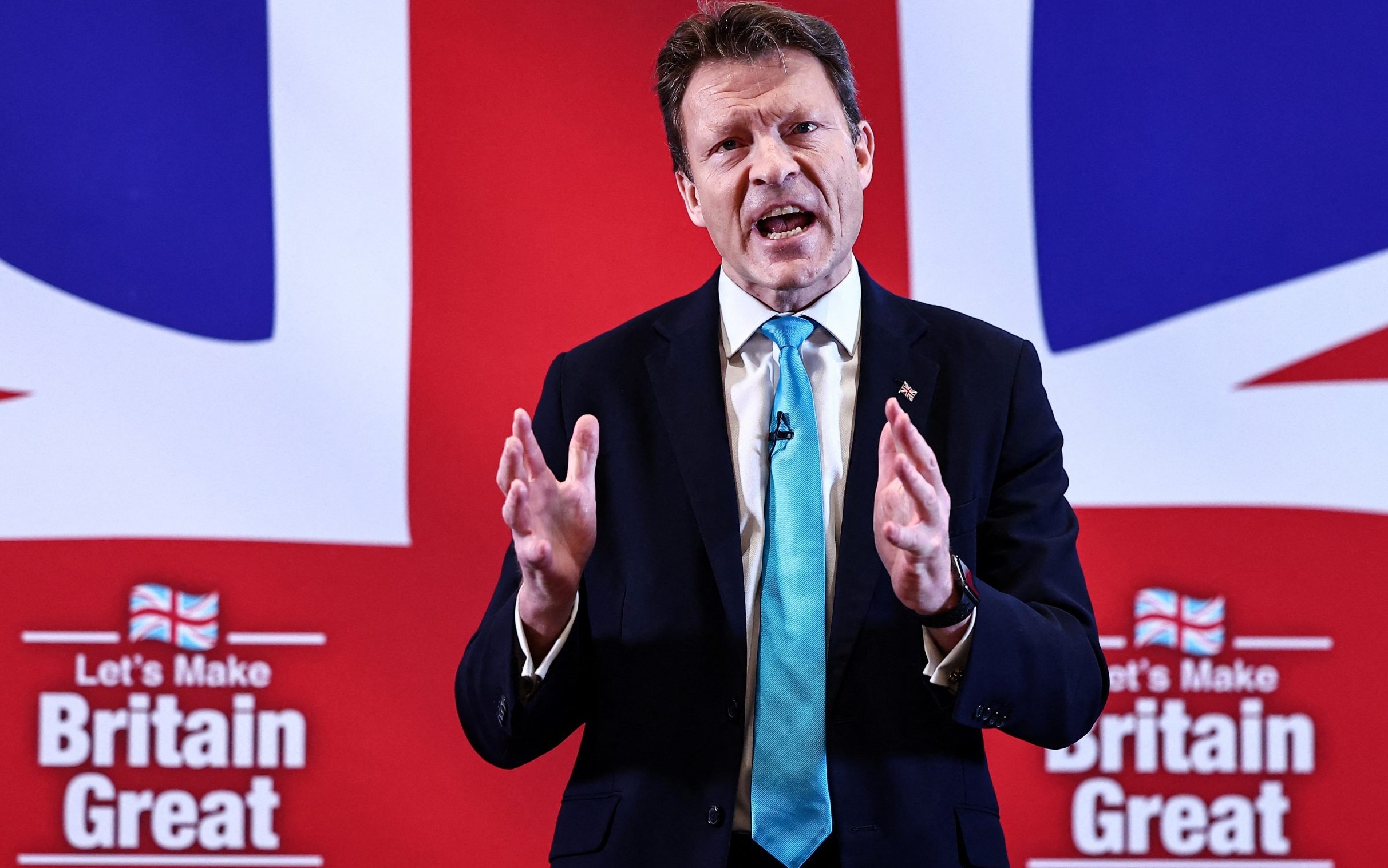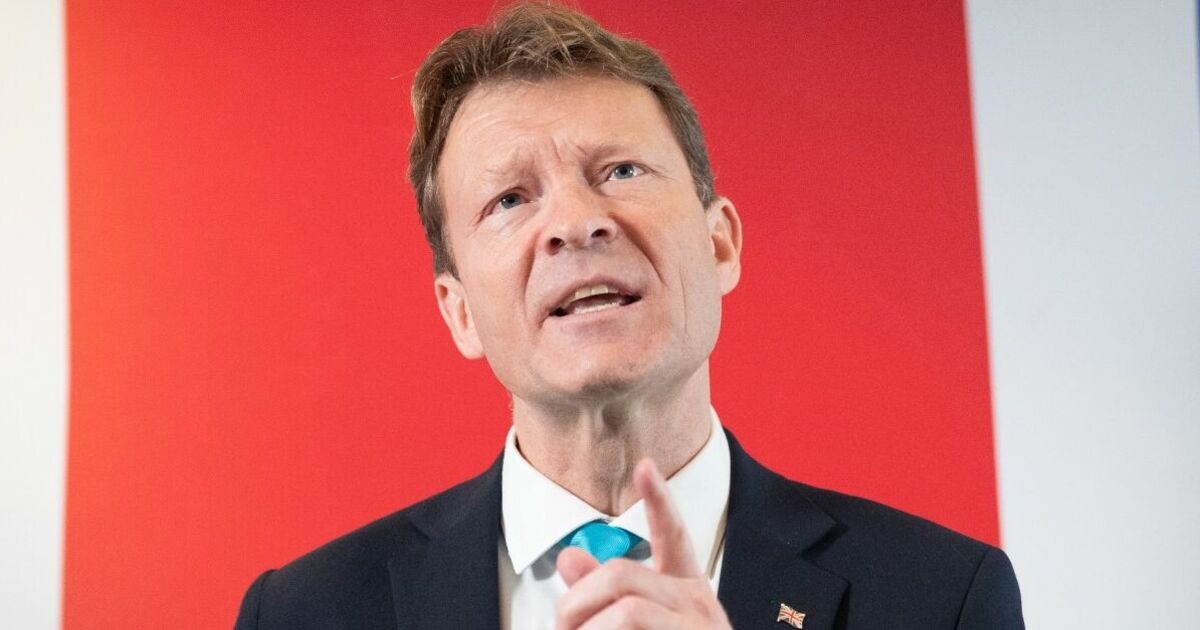In a revealing audio leak, Conservative MP Danny Kruger has candidly acknowledged the validity of criticisms directed at his party by Reform UK, a political entity spearheaded by Nigel Farage, initially known as the Brexit Party.
Kruger, who shares the helm of the New Conservatives faction with Miriam Cates, expressed deep concerns about the traction Reform UK is gaining, particularly as polls indicate a potential for Reform UK to secure 16% of the vote, positioning the Conservative Party at a precarious 21%, with Labour leading at 40%.
Kruger’s remarks were disclosed during a party gathering in Salisbury, where he voiced apprehension over Reform UK’s intent to dismantle the Conservative Party, aiming to become the new standard-bearers of Conservatism.

Danny Kruger (Credits: The Telegraph)
According to the leaked audio from the Telegraph, Kruger remarked, “They believe the Conservative Party itself impedes conservative principles. “Despite disagreeing with Reform UK’s approach and questioning their allegiance to authentic conservative values, Kruger admitted to understanding the critique and motivations driving individuals towards Reform UK.
This admission increases uncertainty among Conservative MPs, especially after Lee Anderson’s high-profile defection to Reform UK following the Tories’ disciplinary action over controversial comments regarding Sadiq Khan, the Mayor of London.
Kruger lamented Anderson’s loss, attributing it to the party’s failure to retain its members. He underscored the importance of winning back the support of those leaning towards Reform UK.
Richard Tice, leader of Reform UK, has emphatically denied any possibility of collaboration with the Conservative Party, asserting his party’s resolve to hold the Tories accountable for their governance failures.

Sir Danny Kruger (Credits: Hungarian Conservative)
“The country is eager to reprimand the Tories for their shortcomings,” Tice articulated, signaling a resolute stance against any form of alliance.
In his leaked discourse, Kruger also addressed the diminishing appeal of the Conservative brand and hinted at a campaign strategy that might prioritize personal convictions over party allegiance in light of the party’s dwindling popularity.
The Conservative Party’s internal critique and the changing political dynamics in Britain signal a time of reflection and potential adjustment. With competition from external forces and dissent from within, the party faces the need to reassess its direction and tactics.























